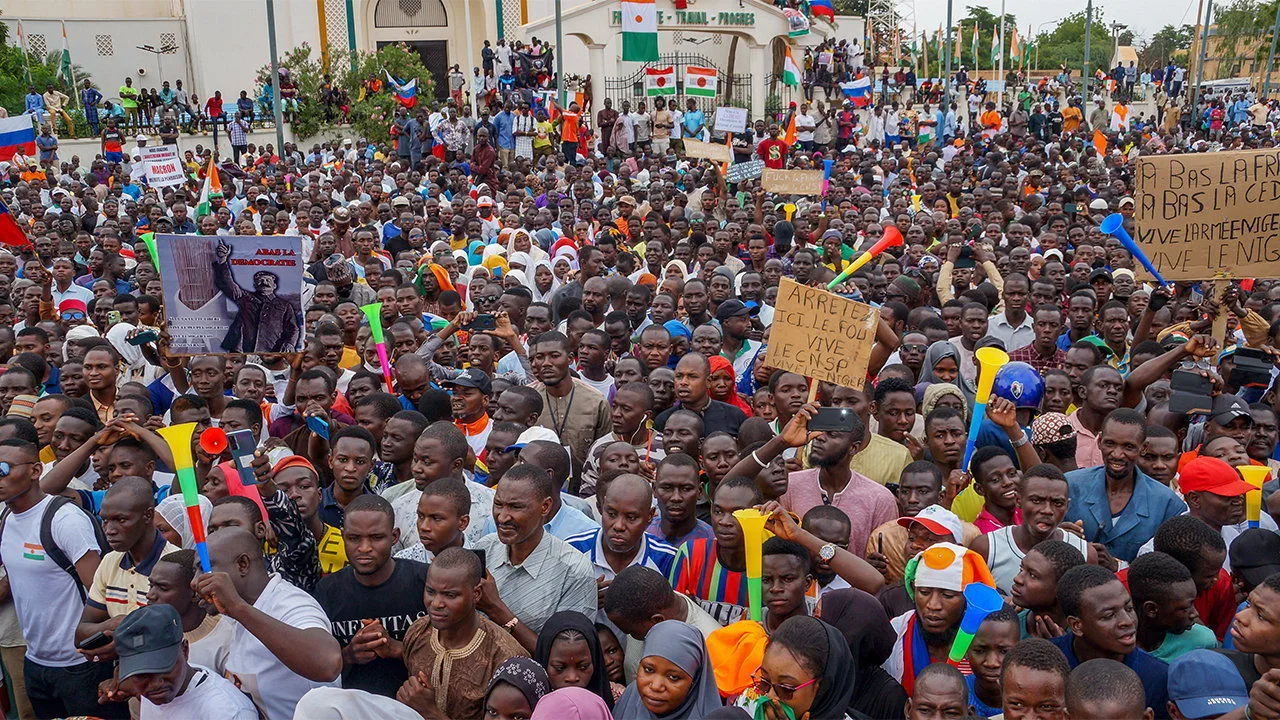Francophone Africa faces a reckoning over democratic elections: Time to follow english-speaking nations’ lead

In recent years, anglophone African countries have demonstrated significant progress in holding credible, peaceful elections.
Ghana, Botswana, and Liberia are setting a strong example, with smooth transitions of power and opposition victories that are recognized even before official results are declared.
In contrast, francophone Africa continues to grapple with uncertainty, electoral manipulation, and a lack of transparency.
The latest example of democratic maturity in anglophone Africa comes from Ghana, where the ruling New Patriotic Party (NPP) candidate publicly conceded victory to opposition leader John Dramani Mahama, even before the election results were officially announced.
This is a routine practice in Ghana, where the two main parties, the NPP and the National Democratic Congress (NDC), have alternated in power.
Mahama’s victory marks yet another smooth transition of power in a country where democratic norms have become a regular part of the political landscape.
Similarly, in Botswana, where elections have rarely been contested, the opposition coalition led by lawyer Duma Boko achieved an unprecedented victory, unseating the Botswana Democratic Party (BDP) that had ruled since independence in 1966.
President Mokgweetsi Masisi promptly acknowledged his defeat, even before all results were confirmed.
This willingness to accept the people’s verdict is becoming a hallmark of successful democracies in anglophone Africa.
In Liberia, the example set by President George Weah, who lost the 2023 election to Joseph Boakai, further illustrates the positive trend.
Even after defeating Boakai in 2017, Weah demonstrated respect for the will of the people, reinforcing the principle of democratic transition.
However, the contrast with francophone Africa could not be starker.
In many francophone countries, elections are often riddled with uncertainty, with results frequently manipulated in favor of the incumbent.
Recent elections in Chad, Comoros, Cameroon, and Togo are prime examples of this troubling pattern, where outcomes are seemingly decided before the votes are counted.
Looking ahead, questions loom over the upcoming 2025 presidential election in Côte d’Ivoire, where the participation of incumbent Alassane Ouattara remains unclear.
Despite his advanced age, there is speculation that he may seek another term, following his controversial third mandate in 2020.
The role of former President Laurent Gbagbo, who has declared his candidacy but remains excluded from the electoral list, adds to the uncertainty surrounding the vote.
Despite these challenges, Senegal stands as a beacon of hope in francophone Africa.
In a remarkable display of judicial independence, the country’s Constitutional Council invalidated President Macky Sall’s decision to postpone the presidential election in February 2024.
This rare act of defiance against executive pressure underscores Senegal’s commitment to democratic principles.
Senegal’s peaceful transfer of power from Abdoulaye Wade to Macky Sall in 2012, and the country’s ability to hold free and fair elections, sets a high bar for other francophone nations.
As francophone Africa continues to grapple with the complexities of democratic elections, it must look to the success stories of its anglophone counterparts.
The time has come for francophone Africa to embrace transparency, fairness, and peaceful transitions of power.
Only then can the region hope to achieve the democratic maturity that has become the norm in many anglophone nations.
About The Author
dailymailafric
I am an avid African news observer, and an active member of Daily Mail Africa.
I’m Passionate about staying informed on diverse topics across the continent,
I actively contribute to publishing on political, economic and cultural developments in Africa.



